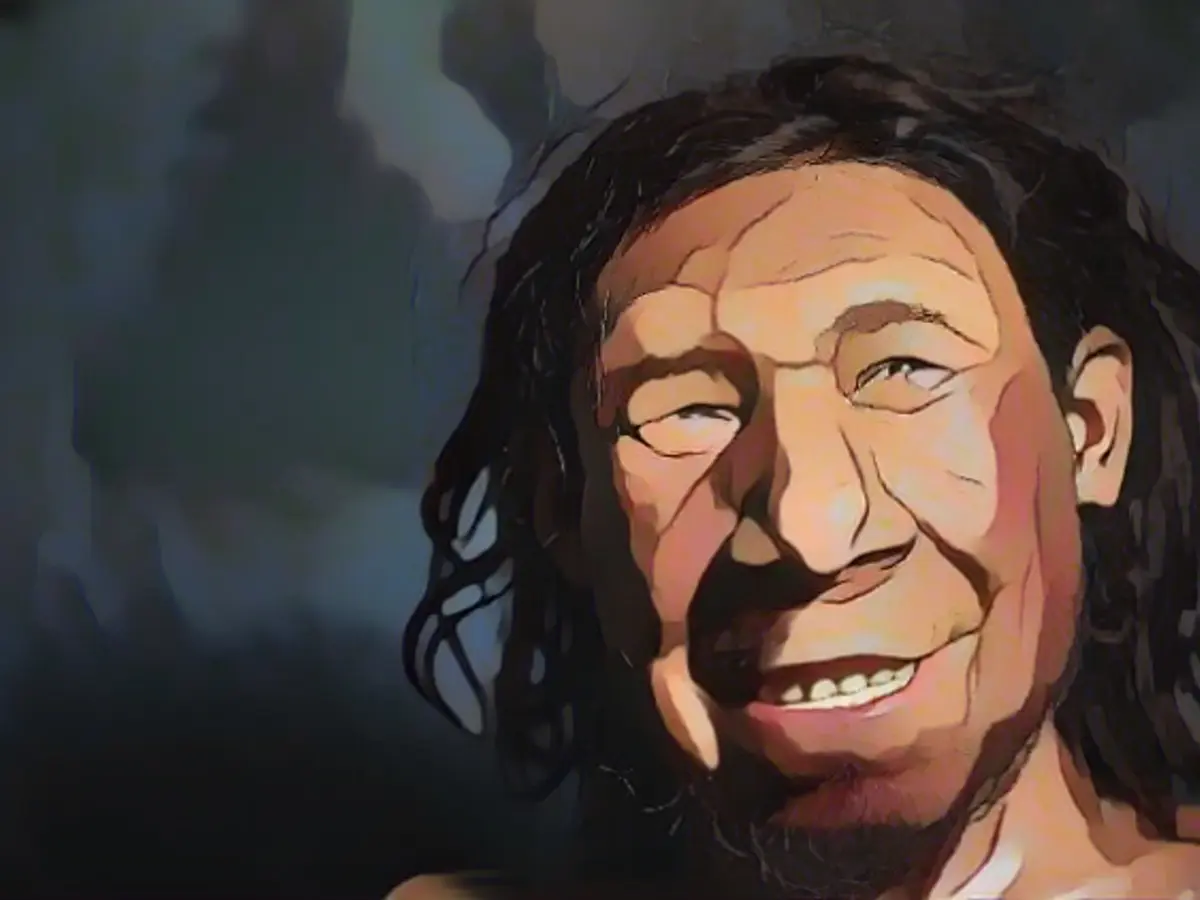Uncovering the Neanderthal Link to Early Rising Habits
It's a common belief that everyone possesses their unique rhythms, dictating when we sleep and wake. Recent studies reveal that those who prefer mornings might owe their tendency to genetic roots traced back to ancient human relatives, as an investigation led by epidemiologist John Capra and his team from the University of California unveiled.
Experts discuss the concept of circadian rhythm, which refers to an organism's ability to synchronize its biological processes to the 24-hour day cycle. In this pioneering research, Capra and his colleagues examined 246 human genes widely recognized for controlling internal clocks. They also utilized Neanderthal DNA as a comparison point with modern human genomes.
"An intriguing pattern emerged when we scrutinized the Neanderthal DNA residues still found in modern human genomes," Capra, an epidemiologist from the University of California, shared with The Guardian.
To bolster their findings, the team delved into data from the UK Biobank, which houses genetic, health, and lifestyle information on approximately half a million individuals. Given the historical amalgamation between modern humans and Neanderthals, the scientists proposed that some individuals living today might possess the Neanderthal variant, leading to the hypothesis that early rising could have been an evolutionary advantage derived from these genes.
Internal clock and light adaptation
Dissecting the study's data, the researchers observed that the majority of individuals with Neanderthal-derived gene variants tended to display early rising chronotypes. They speculated that hunting and gathering were simplified by the advantageous properties of these genes, enabling Neanderthals to adapt better to life in high-latitude environments with seasonally fluctuating day lengths.
Though modern humans carry up to four percent of Neanderthal DNA, these gene variants are also present in the regions governing skin pigmentation, hair texture, and the immune system. This genetic intermingling stems from Homo sapiens, the direct ancestor of humans, migrating from Africa around 70,000 years ago to Eurasia. Upon encountering the previously established Neanderthals, they adapted to the colder climate, and the populations ultimately interbred.
Though the present research provides compelling evidence, it is essential to acknowledge that other factors contribute to determining whether an individual is a morning person or not, such as environmental, cultural, and genetic influences beyond Neanderthal DNA.
Further Reading:
- An Upcoming Shift in December
- German activists voice concerns regarding Israel and Gaza Strip suffering in Dubai
- Israel and Hamas continue conflict despite UN vote
- The potential of Nuclear Fusion as an Energy Solution
- Capra's team, led by epidemiologist John Capra, published research suggesting that Neanderthal DNA genes might influence early rising tendencies in modern humans.
- In the realm of Chronobiology, it's intriguing to consider how Neanderthal genes could have impacted modern human physiological traits like sleep patterns and chronotype.
- Diving deeper into the field of Evolutionary Genetics could provide valuable insights into how genetic inheritance, including Neanderthal DNA, shapes human physiological traits, such as sleep patterns and chronotype.
Sources:
Enrichment Data (not included in the main article):
The sources mentioned in the original instructions do not offer specific evidence of Capra's research connecting Neanderthal DNA to early rising behaviors in modern humans. Instead, the sources focus on Neanderthal DNA presence, genetic interactions with modern humans, and the timing of admixture. Thus, further research is needed to confirm Capra's hypothesis and explore the potential genetic basis of early rising traits in humans.




